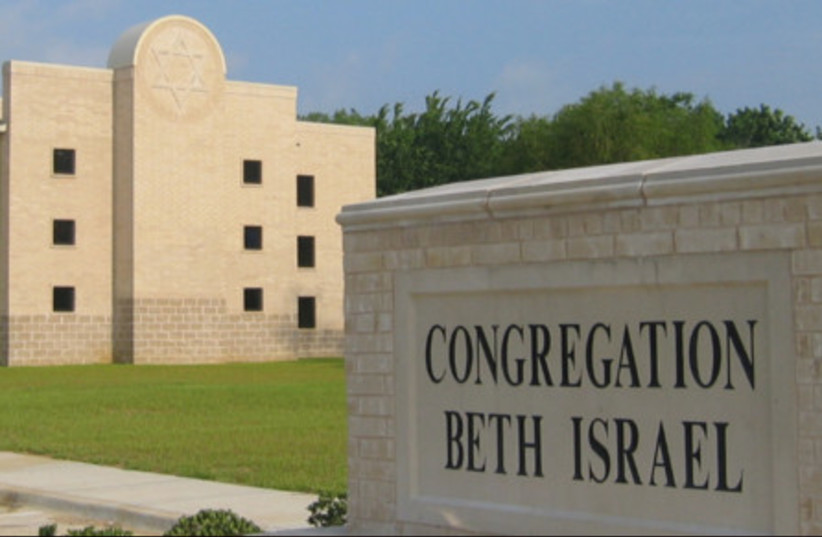WASHINGTON - The House Homeland Security Committee voted on Wednesday to advance a bill that would authorize $500 million for the Nonprofit Security Grant Program annually for 2023-2028, a significant increase from the current funding level of $180 million annually.
Since the antisemitic terrorist attack on Congregation Beth Israel in Colleyville, Texas, numerous Jewish organizations have urged Congress to double the Nonprofit Security Grants Program (NSGP) budget. The program allows houses of worship and other nonprofits at risk to apply for grants of up to $100,000 each. The money can be used for security measures such as fences, cameras, stronger doors and personnel hiring.
The bill would establish a dedicated NSGP office at the Department of Homeland Security, providing support mechanisms to eligible nonprofit organizations, and simplifying and streamlining the application process. It would also increase congressional oversight of the program, including mechanisms for data collection, and broadening the definition of security threats “in order to advance equity for members of underserved communities, among other things,” The Jewish Federations of North America said in a statement.
JFNA praised committee chairman Bennie Thompson (D-MS) and ranking member John Kato (R-NY) for their bipartisan work in advancing the bill.
"As we most recently saw in Colleyville, Jewish and other faith communities need support to ensure their safety and security, and the Nonprofit Security Grant Program is a critically important piece of that puzzle," said Jewish Federations SVP for public affairs Elana Broitman. "Jewish Federations appreciate the committee's work in advancing this authorization, and hope for its swift passage in both chambers of Congress."

“The bill is the culmination of recommendations that Jewish Federations have called for to enhance and improve the Department of Homeland Security’s Nonprofit Security Grant Program at a time of growing and increasingly violent threats against the Jewish community and other faith and charitable communities,” JFNA said in a statement.
Although the amount that was authorized is $500 million it is not necessarily the amount that would be allocated to the program, and the appropriations committee could adjust it later in the legislative process. Jewish organizations originally advocated for a lower amount, of $360 million.
